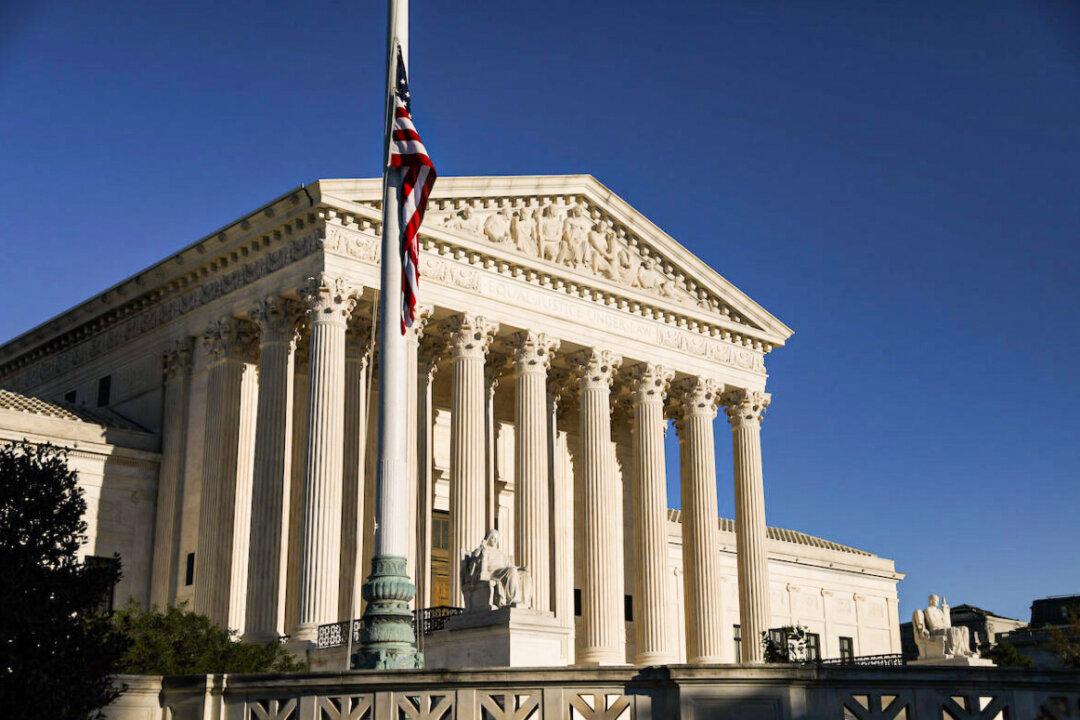Commentary
If I’ve heard it once, I’ve heard or read it a few thousand times: “We hold these truths to be self-evident, that all men are created equal.”

If I’ve heard it once, I’ve heard or read it a few thousand times: “We hold these truths to be self-evident, that all men are created equal.”